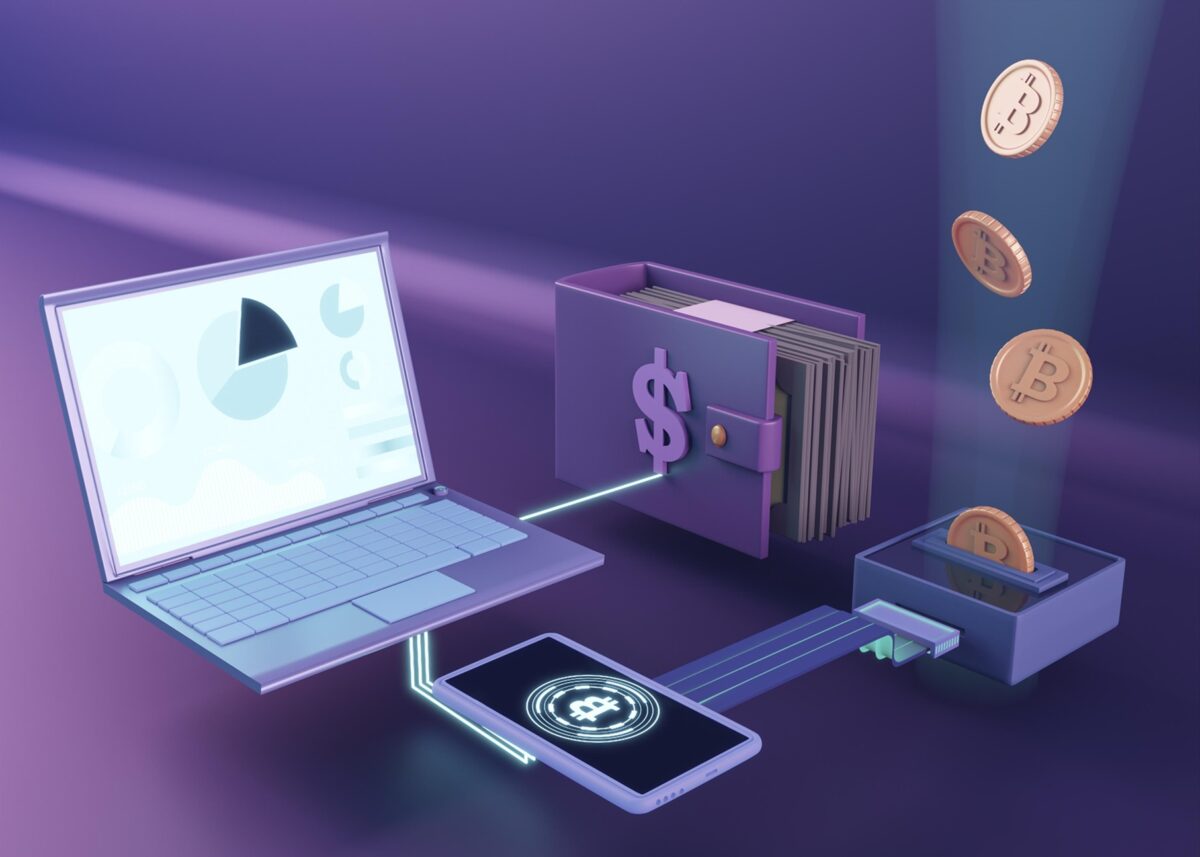Decentralized Finance (DeFi): Advantages and Disadvantages

Decentralized finance (DeFi) has garnered significant attention in recent years as a transformative force in the financial industry. Its potential to revolutionize traditional banking systems through blockchain technology has led to widespread interest and investment in DeFi projects. However, as with any emerging technology, DeFi comes with its own set of advantages and disadvantages that need to be carefully considered.
What is DeFi?
DeFi refers to a broad array of blockchain-based financial services and applications that operate without the need for traditional intermediaries like banks or brokers. These services leverage smart contracts, which are self-executing contracts with the terms of the agreement directly written into code. This enables automated transactions and eliminates the need for intermediaries to facilitate transactions.
Key Components of DeFi
- Smart Contracts: These are the building blocks of DeFi applications, enabling automated and trustless transactions without the need for intermediaries.
- Decentralized Exchanges (DEXs): These platforms allow users to trade cryptocurrencies directly with each other without relying on a centralized exchange.
- Lending and Borrowing Protocols: DeFi platforms enable users to lend and borrow cryptocurrencies without the need for traditional banks. Users can earn interest on their crypto holdings by lending them out, or borrow assets by providing collateral.
- Stablecoins: These are cryptocurrencies that are pegged to the value of a fiat currency like the US dollar. They provide stability in a market known for its volatility, making them ideal for use in DeFi applications.
Advantages of Decentralized Finance
1. Accessibility
One of the most significant advantages of DeFi is its accessibility. Traditional financial services are often inaccessible to large segments of the global population, particularly in developing countries where banking infrastructure is limited. DeFi allows anyone with an internet connection to access financial services like lending, borrowing, and trading, leveling the playing field for individuals around the world.
2. Transparency
Another key advantage of DeFi is its transparency. Since transactions on the blockchain are recorded on a public ledger, anyone can view them at any time. This transparency reduces the risk of fraud and corruption, as all transactions are verifiable and immutable.
3. Security
Blockchain technology provides a high level of security for DeFi applications. Since transactions are recorded on a decentralized ledger, there is no single point of failure that can be exploited by hackers. Additionally, smart contracts ensure that transactions are executed exactly as programmed, without the need for human intervention, further enhancing security.
4. Interoperability
DeFi protocols are often built on open standards and interoperable platforms, allowing them to seamlessly integrate with each other. This interoperability enables users to access a wide range of financial services without having to switch between different platforms or protocols, creating a more user-friendly experience.
5. Innovation
DeFi encourages innovation in the financial industry by providing a platform for developers to experiment with new ideas and concepts. This has led to the development of innovative products and services that were previously not possible in traditional finance.
Disadvantages of Decentralized Finance
1. Scalability
One of the main challenges facing DeFi is scalability. As the popularity of DeFi applications grows, the Ethereum network, which many DeFi projects are built on, has struggled to keep up with demand. This has led to congestion on the network and high transaction fees, making it difficult for smaller investors to participate.
2. Regulation
Another challenge facing DeFi is regulation. As DeFi platforms continue to grow in popularity, regulators around the world are beginning to take notice. Some countries have already introduced regulations that could impact the operation of DeFi platforms, while others are still in the process of formulating their approach to regulating this emerging industry.
3. Security Risks
While blockchain technology provides a high level of security for DeFi applications, they are not immune to security risks. Smart contracts are vulnerable to bugs and vulnerabilities that can be exploited by hackers. Additionally, since transactions on the blockchain are irreversible, there is no recourse for users who fall victim to fraud or hacking attacks.
4. User Experience
The user experience of DeFi applications can often be complex and confusing, particularly for newcomers to the space. The decentralized nature of DeFi means that users are responsible for managing their own funds and security, which can be daunting for those unfamiliar with blockchain technology.
Conclusion:
Decentralized finance holds immense promise as a disruptive force in the financial industry, offering accessible, transparent, and secure financial services to individuals around the world. However, it also faces challenges such as scalability, regulation, security risks, and user experience that need to be addressed for it to reach its full potential. As the DeFi ecosystem continues to evolve, it will be important for developers, regulators, and users to work together to overcome these challenges and build a more inclusive and sustainable financial system that benefits everyone.











